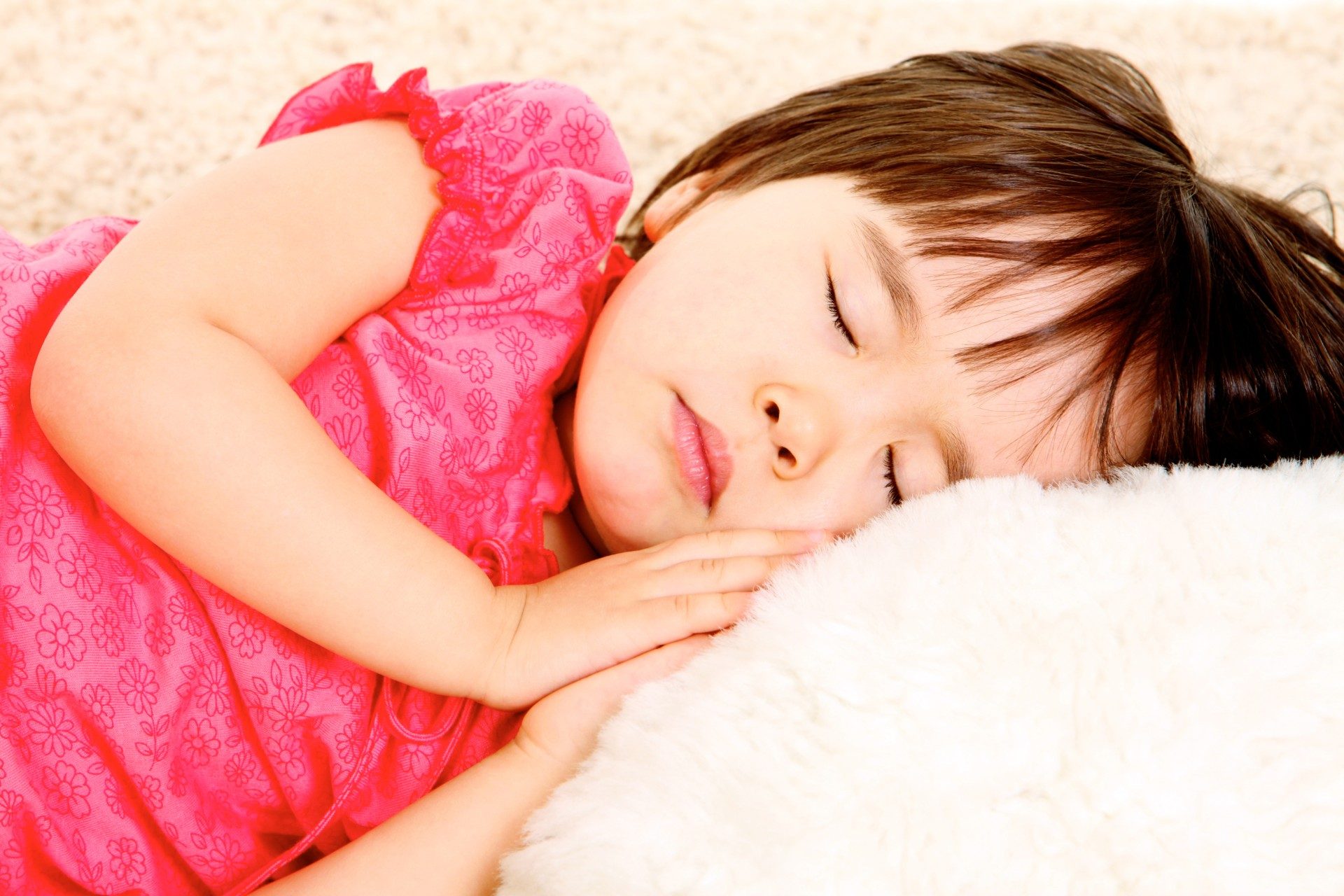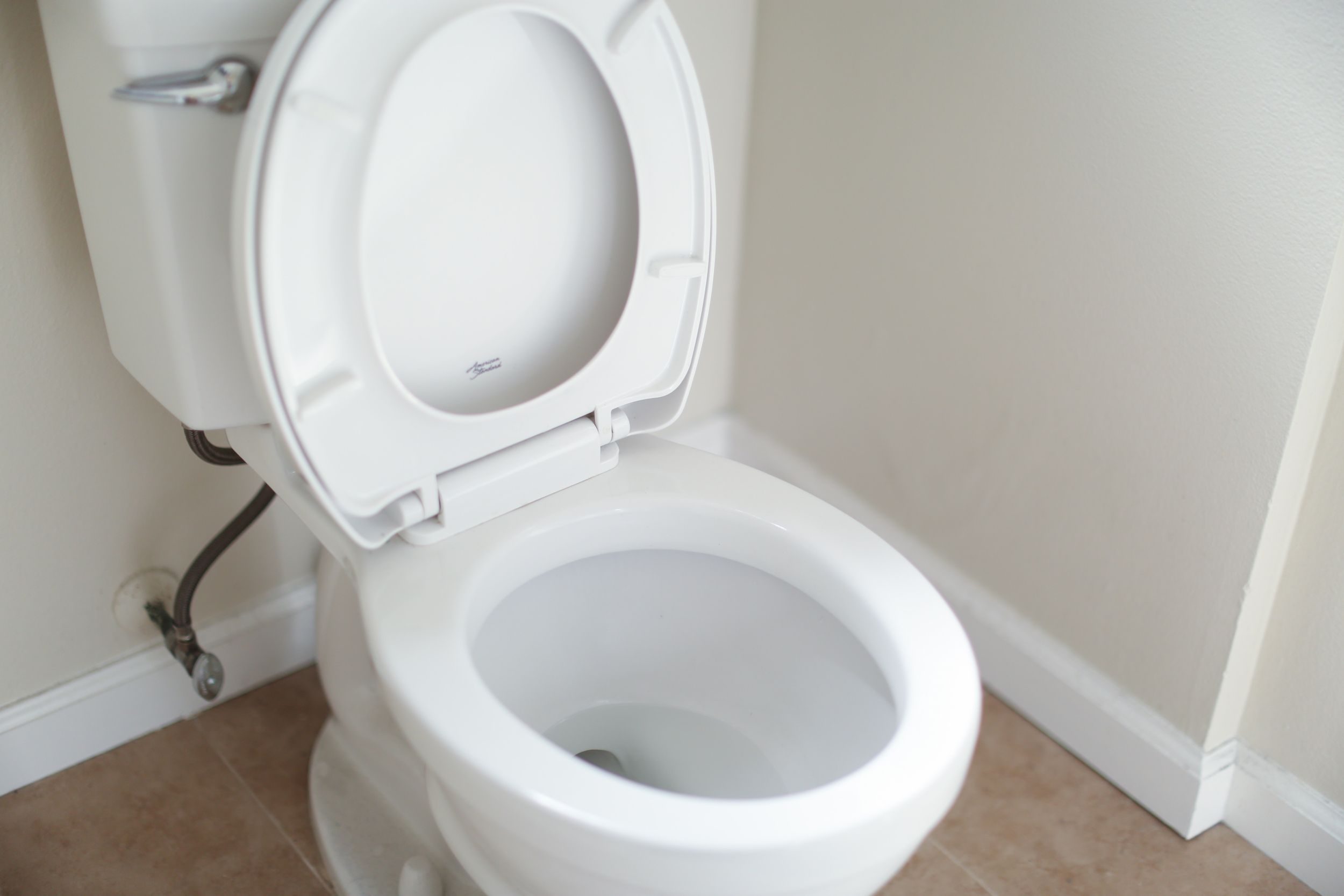After children are potty trained, they still may occasionally have problems with wetting the bed. But when it becomes constant, it turns into a real problem. And parents are left feeling helpless as they stand by and watch their child struggle.
While there are medications that can help your child with this issue, many families do not want to put their child on medication for something that can be treated naturally. In this article, we’ll discuss some of the more natural bedwetting solutions for kids. However, first, we are going to talk about why bedwetting happens.
Causes of bedwetting
In many cases, bedwetting is an inherited trait, which could come from mom, dad, aunt, or uncle. It can also be triggered by changes within a family — especially stress. In addition to stress, other events that can cause it include a new baby in the family or something equally as exciting. In other cases, children may not have enough of a certain hormone called vasopressin, which reduces urine output while sleeping. Finally, if a child is a very sound sleeper, they likely are not feeling the urge to get up to go to the bathroom.
One thing to note, though, is that if bedwetting is a new occurrence that came on suddenly, you should speak with your child’s doctor. This could be a sign of a urinary tract infection or simply a reaction to stress — but it is better to be safe than sorry.
Encourage routine bathroom breaks
A great place to start is by encouraging your child to use the bathroom throughout the day. Remind them to get up from whatever they are doing to take a break and use the restroom. That way, by the time your child is ready for bed, their bladder is not full and they are ready to go to sleep — and hopefully have a urine-free sleep cycle.
Another thing to try is something called “double voiding.” Double voiding is the process of having your child use the restroom when they start their nighttime routine, like brushing their teeth, for example. After they finish putting on their pajamas, and they are just about ready to get tucked into bed, ask them to use the bathroom once more. This may cut down on bedwetting or even eliminate it, depending on how severe your child’s bedwetting is.
Avoid caffeine
By all means, have your child avoid caffeine. Caffeine is a natural diuretic, meaning that it stimulates the bladder, which will put your child at more risk of wetting the bed. We know you’re not at your house giving your child coffee, but you would be surprised where you would find caffeine. It can be in the strangest of places.
Another beverage with caffeine is tea. Sometimes tea can have even more caffeine than coffee. Chocolate also has caffeine in it. There are certain other beverages with caffeine in them, as well. By doing some research and sleuthing of your own, you can figure out what foods and drinks have caffeine in them and help your child avoid them entirely.
Limit evening drinks
It is definitely important that children get enough to drink during the day — you don’t want them to dehydrate. There is no need to limit what they drink during the day since this can help assure that they may not be as thirsty during the evening hours. But a couple of hours before bedtime, try to scale back on just how much liquid you are giving them.
If they are thirsty, perhaps a smaller glass of juice will suffice, rather than filling up the whole glass. This way, they’re still getting their thirst quenched, but they don’t have to down a full glass of their preferred beverage choice in order to be satiated.
By doing these simple things, you may be able to help your child break their habit of bedwetting. You could try one of these tips or a combination of all of them to see what works best for you and your child.





